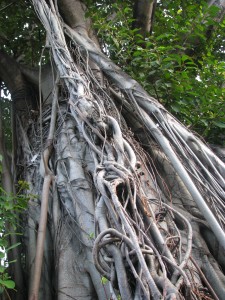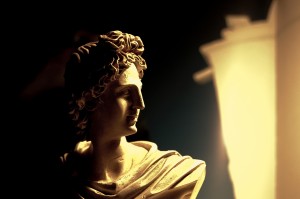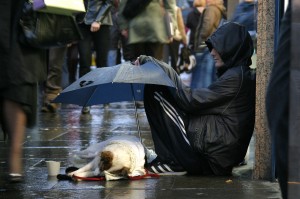Inspiration:
If there is no reward in heaven and no punishment in hell, we will have to be good for nothing.
To Be Seen
When we choose to see and bless the world we can open our eyes and see those in need: those pushed to the fringes and forgotten. We can see the injustice, be it in access to healthcare or living wages, be it in exploitation or violence. We can see the destruction our lifestyle and need for convenience are bringing to this fragile planet earth. And we can allow what we see to transform us into people committed to healing our world. We can do more than speak about social justice and environmental action—we can devote ourselves to creating it.
To see and to be seen—this should be the work of our church community. This is the heart of our Unitarian Universalist faith. The hymns, the chants, the readings, the minister, the traditions, all are secondary. The open eyes are what matter. Our open eyes are what matter. Through those portals we will be made whole. Through the pupil of the eye, we’ll find an endless heaven.
by Tim Kutzmark TO READ MORE





